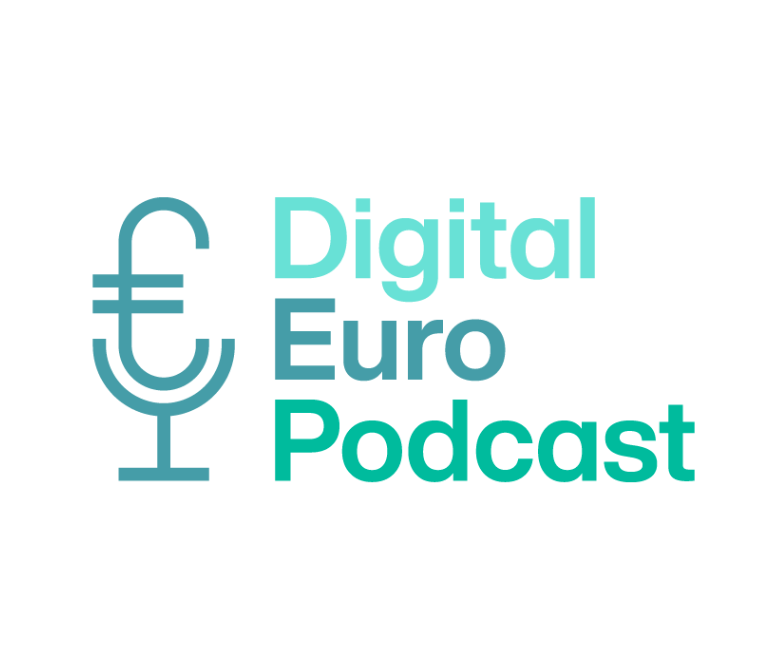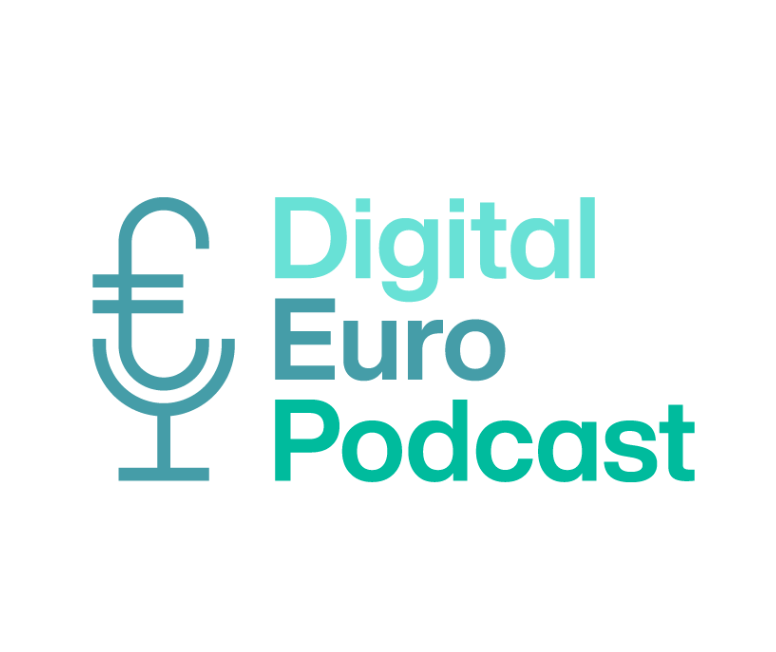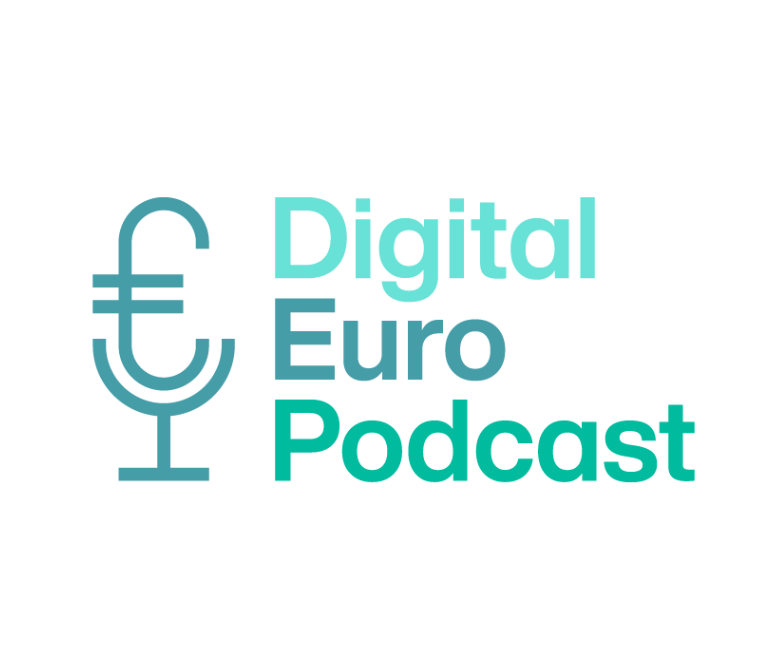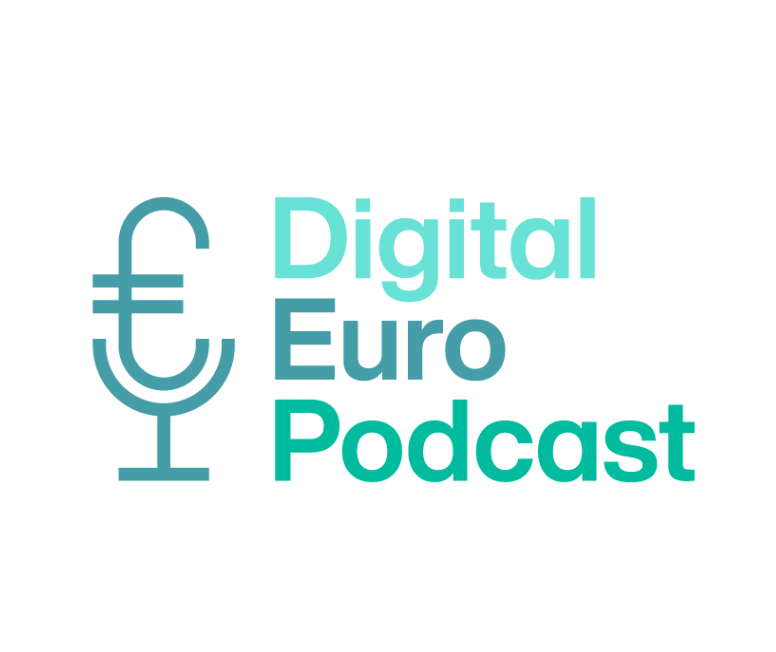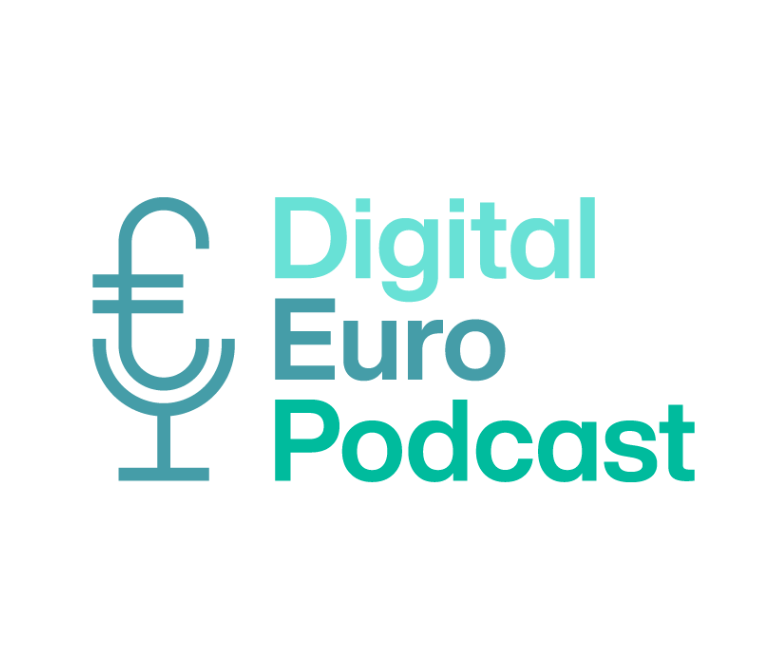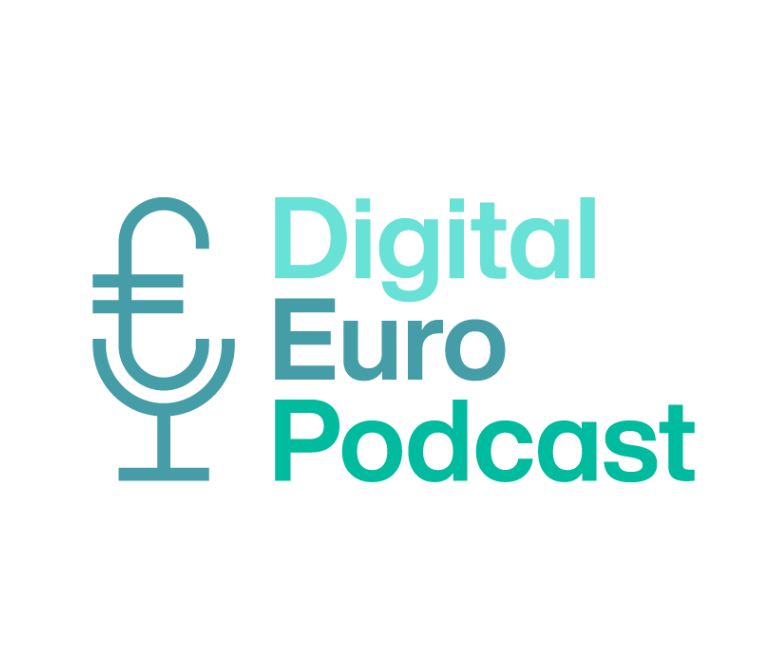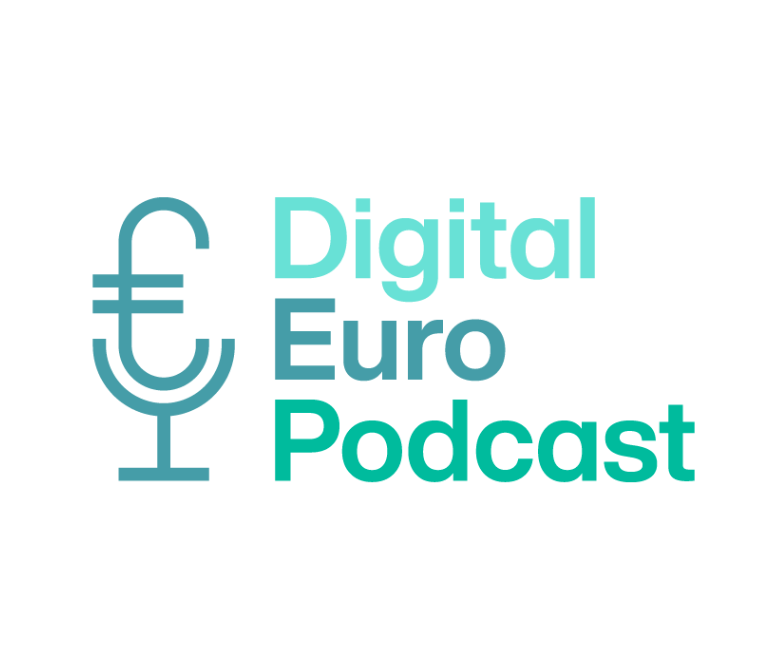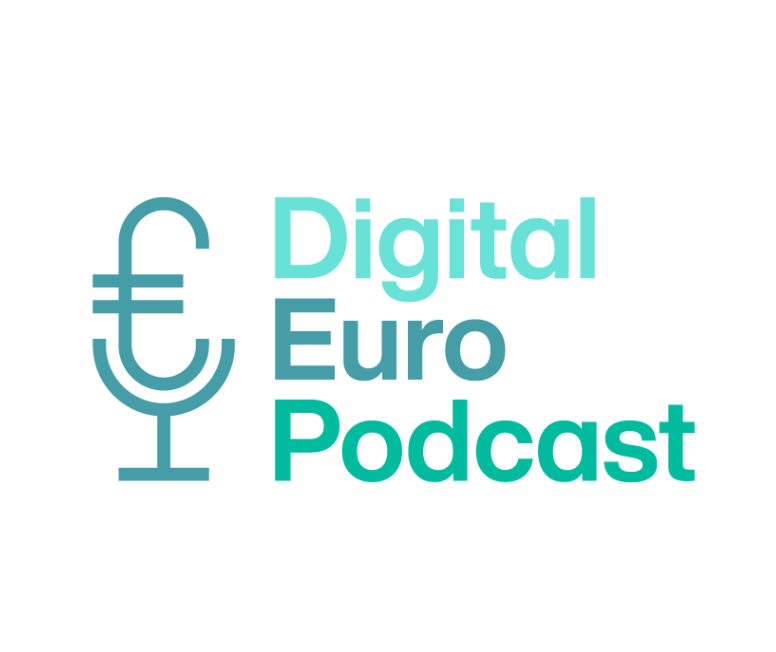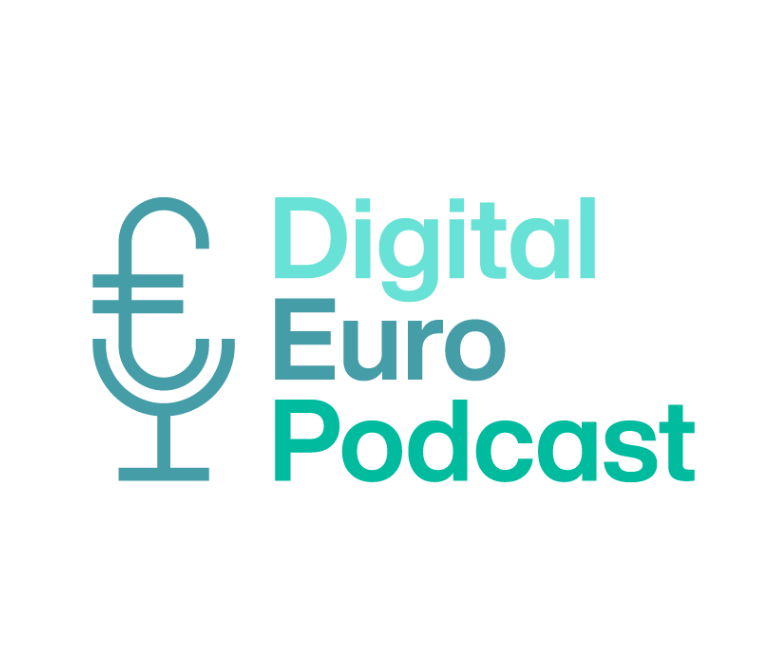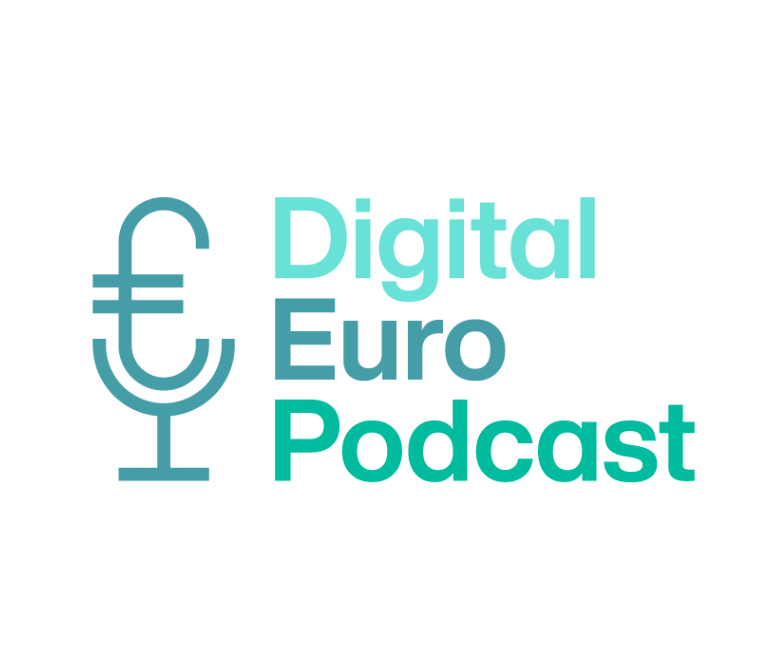
Episode 20: CBDC, Synthetic CBDC and Stablecoins
In this episode of the DEA Podcast, Manuel Klein interviews Miguel Fernandez Ordoñez, the former president of the Spanish central bank. They discuss why Miguel believes that we need new forms of money, and what these new forms of money bring with them economically. Miguel also explains, which role he foresees for the state, central banks, commercial banks, and other non-banking institutions, e.g. Stablecoin-providers in this new world, in which CBDC plays a larger role.
Be sure to tune in to learn arguments for a system, in which CBDC or 100% backed Stablecoins become the dominant form of money in...
